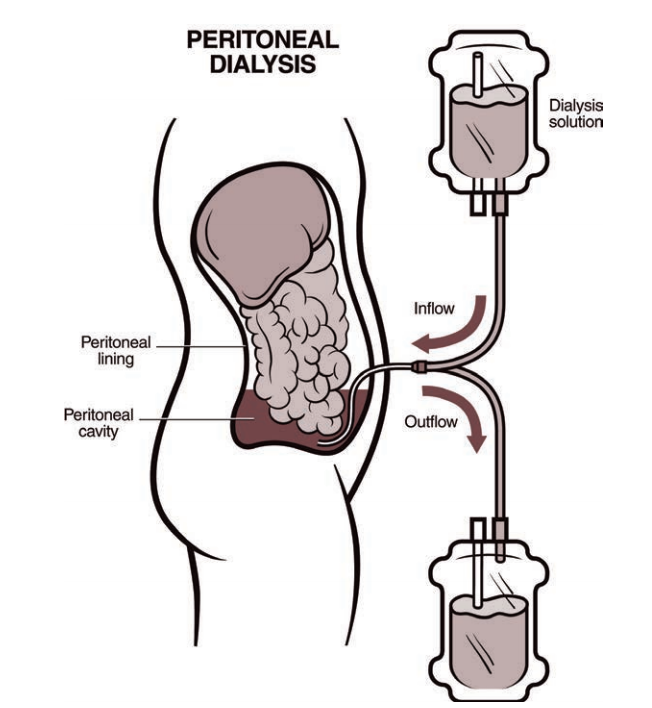When conducting an admission assessment, the nurse notes that an adult female client has developed two new allergies since her last admission. The client describes herself as lactose intolerant and states that she is unable to eat eggs. Which intervention(s) should the nurse implement? (Select all that apply.)
Apply an allergy identification wrist band.
Instruct the client to avoid medication containing milk and eggs.
Enter allergy information in the client's electronic medical record.
Ensure the client's selections from her dietary menu.
Notify the dietary department of the client's egg intolerance.
Correct Answer : A,C,D,E
Choice A: Applying an allergy identification wrist band is an intervention that the nurse should implement, as this can alert other health care providers of the client's allergies and prevent adverse reactions. Therefore, this is a correct choice.
Choice B: Instructing the client to avoid medication containing milk and eggs is not an intervention that the nurse should implement, as this is not a common or relevant source of allergens for this client. This is an incorrect choice.
Choice C: Entering allergy information in the client's electronic medical record is an intervention that the nurse should implement, as this can ensure accurate and updated documentation of the client's allergies and facilitate communication among health care providers. Therefore, this is another correct choice.
Choice D: Ensuring the client's selections from her dietary menu is an intervention that the nurse should implement, as this can help avoid foods that may trigger allergic reactions or intolerance for this client. Therefore, this is another correct choice.
Choice E: Notifying the dietary department of the client's egg intolerance is an intervention that the nurse should implement, as this can help modify or substitute foods that contain eggs for this client. Therefore, this is another correct choice.
Nursing Test Bank
Naxlex Comprehensive Predictor Exams
Related Questions
Correct Answer is A
Explanation
Choice A is correct because the nurse's priority is to provide comfort and dignity to the dying patient. Pain management is an essential aspect of end-of-life care.
Choice B is incorrect because updating the nurse manager is not a priority action. The nurse manager can be informed later, after the patient's needs are met.
Choice C is incorrect because conveying the patient's status to the chaplain is not a priority action. The chaplain can be contacted later, after the patient's needs are met. The chaplain may also need the consent of the patient or the family before providing spiritual support.
Choice D is incorrect because documenting the impending signs of death is not a priority action. Documentation can be done later, after the patient's needs are met. Documentation is important, but not as important as providing comfort and dignity to the dying patient.
Correct Answer is B
Explanation
Choice A reason: Support stockings may help with peripheral edema, but they are not the priority intervention for this client. The client's low serum albumin level indicates malnutrition and increased risk of infection and poor wound healing.
Choice C reason: Evaluating patency of the AV graft is not the priority intervention for this client because the client is receiving peritoneal dialysis, not hemodialysis. The AV graft may be used in the future if peritoneal dialysis fails, but it is not an immediate concern.
Choice D reason: Instructing the client to follow fluid restriction amounts is important for peritoneal dialysis patients, but it is not the priority intervention for this client. The client's low serum albumin level indicates that fluid restriction alone is not sufficient to manage fluid balance and prevent edema.

Whether you are a student looking to ace your exams or a practicing nurse seeking to enhance your expertise , our nursing education contents will empower you with the confidence and competence to make a difference in the lives of patients and become a respected leader in the healthcare field.
Visit Naxlex, invest in your future and unlock endless possibilities with our unparalleled nursing education contents today
Report Wrong Answer on the Current Question
Do you disagree with the answer? If yes, what is your expected answer? Explain.
Kindly be descriptive with the issue you are facing.
